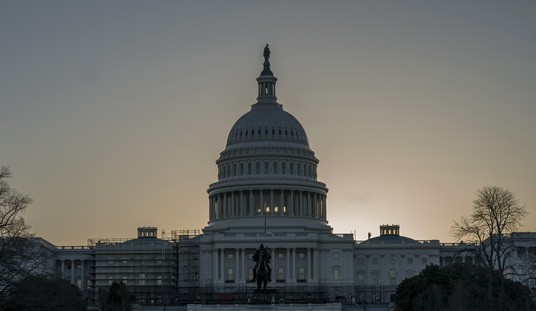
Hello! The big story that we’ve been following with Tech at Night since the beginning has been Net Neutrality, but right now we’re still stuck waiting on this issue. Republicans aren’t going to act on it until January at the earliest, and we aren’t going to know what (if anything) the FCC will do on the issue in December until they tell us. So we wait, spread the word on why it’s not needed, and of course get loud against the radicals.
So until then, we return to what was once the big tech issue, and what might again become the big tech issue: Copyright.
In Sweden, formerly a haven for the extreme anti-copyright forces, the legal results pile up against the founders of The Pirate Bay. They’ve received jail sentences and millions of dollars in fines. So even though Pirate Party foundings are spreading across Europe and increasingly in the US, and have grown the point where they’ve already had limited success in voting for the EU Parliament in Strasbourg, at home the site has received a crushing defeat.
The Pirate Bay’s founders used to brag on their website about how US law, with its huge government subsidies toward wealthy copyright holders through strict DMCA requirements, did not apply in Sweden. But Sweden, lovable socialist worker’s paradise that it is, even decided enough was enough, and has come down hard on the “pirates.”
Why they would choose voluntarily to associate copyright infringement with murderous theft of property I have no idea. Embracing the name “Pirate” was probably the dumbest political naming maneuver since Trent Lott’s “Nuclear Option” naming mistake.
Note that the site has since been sold off and so the Pirate Bay today neither has any link with its founders nor any reason to be affected by their legal troubles.
Of course, here at home the big talk of copyright has been in the recent enforcement efforts by Homeland Security. DHS seized control of 82 domains right as the Congress is debating a new expansion of government power online in the Combating Online Infringement and Counterfeits Act (COICA). EFF says the action was unjust as well as ineffective on several levels, while this partial list of domains tracks who was hit. Interestingly they all seem to be .com, .org. and .net sites, suggesting that only US-based domains might be at risk of US government seizure. If that’s the case, then the EFF’s point about ineffectiveness is proven.
To be clear, I am for copyright. I’m not just for copyright because it’s a Constitutionally allowed provision of law, because not all things the Constitution allows are necessarily the right thing to do. I believe limited copyright as called for in the Constitution, as well as patents and trademarks, are capable of encouraging creative works just as predicted by the founders.
However I believe the last 35 years of Copyright momentum in America have gone in the completely wrong direction. Copyright was formerly a civil matter, just as patents are now. However while patent holders continue to fend for themselves, leading to situations where a lone inventor or small company holding a single patent must contend with a cartel of corporations holding hundreds of cross-licensed patents, large industry associations of copyright holders get the full weight of the FBI to assist them in enforcing their “intellectual property” against literally a mother and daughter putting the wrong files in the wrong folder on their computer.
Further, even as we have assisted big companies in clamping down on the little guy, we’ve also given them vastly longer terms of monopoly. While the original Copyright Act of 1790 granted authors and other copyright holders a 28 year term, renewable once for a total of 56 years from the date of publication, laws since have expanded that beyond the natural life of all but a few. Sadly it was my member of Congress, the late Sonny Bono, who championed the latest absurd extension beyond that. His 1998 bill leaves works published now to be protected for 70 years after the death of the author, or for corporate-owned works the lesser of 120 years or 95 years after publication.
We are now faced with copyrights lasting twice as long as envisioned by the framers, which leaves me in doubt as to whether they are Constitutional, as copyrights are per Article 1 to be “for limited Times.” It’s been pointed out that every time some of the earliest Mickey Mouse cartoons are due to enter the public domain, Congress acts to extend copyright. If this continues, how can we honestly claim that Disney’s copyrights are of a limited time?
Note that the Sonny Bono extension came the same year as the Digital Millennium Copyright Act, which extended the criminalization of copyright law. The two issues are distinct, the criminalization of copyright and the extension of copyright, but they tend to be acted on at the same time.
By the way, if you hate Apple but want to get away from the dying Blackberry platform, the Droid Pro looks like a serious Blackberry killer. I myself would have given serious consideration to buying one had it been out when I bought my iPhone.














Join the conversation as a VIP Member